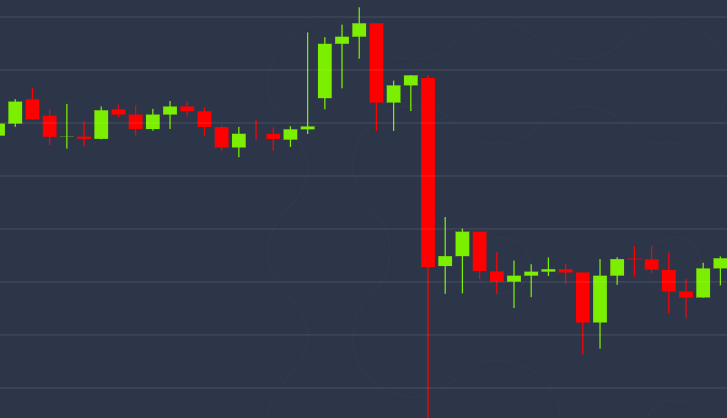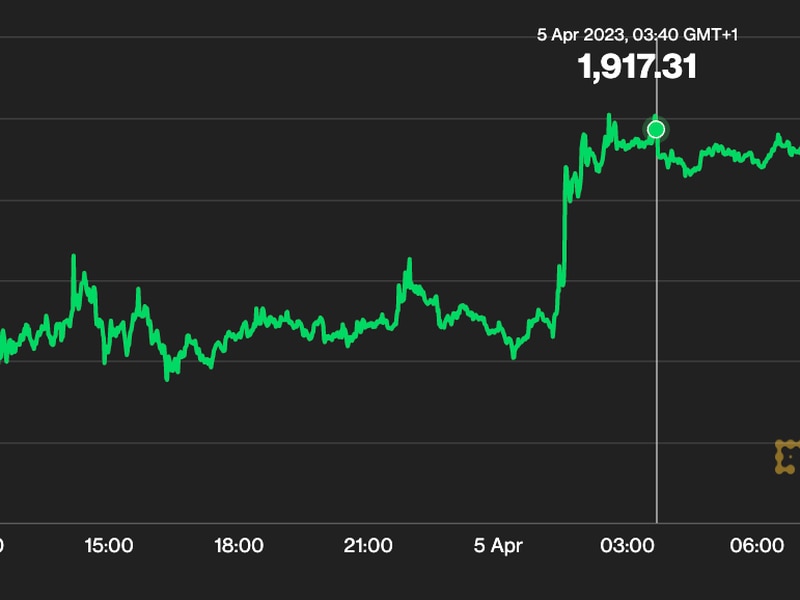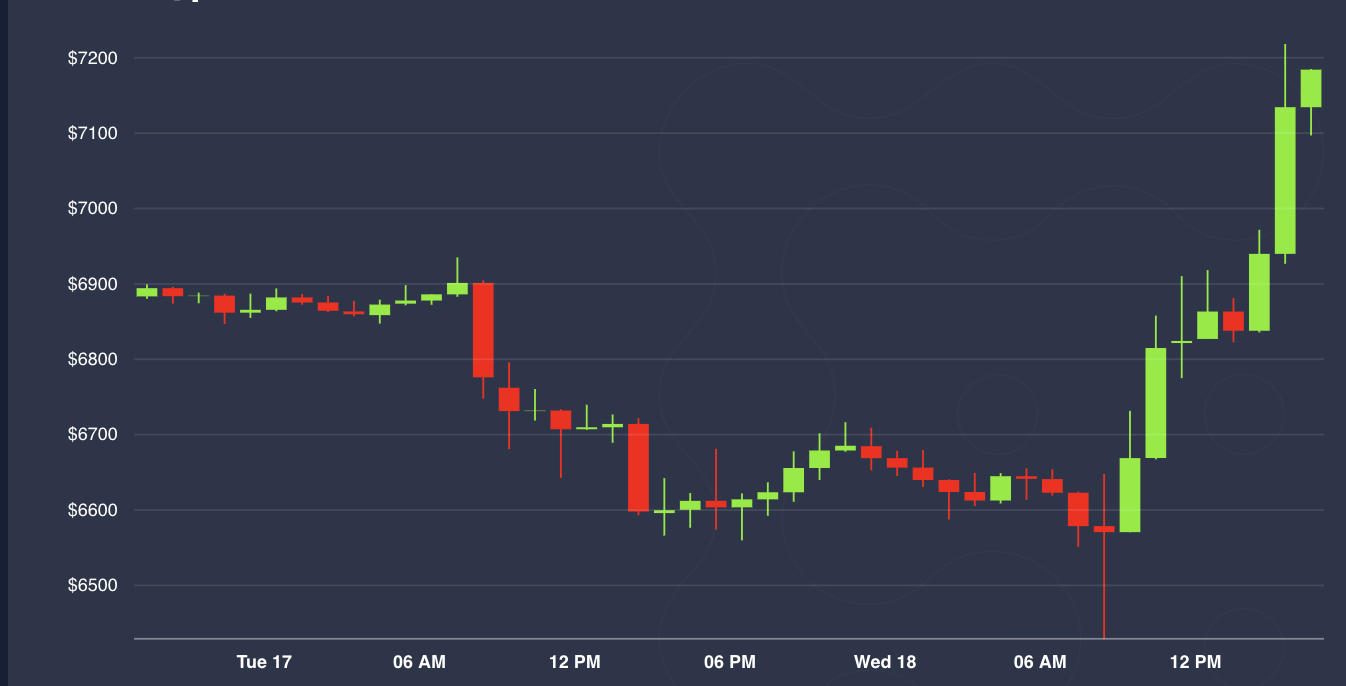How DeFi Goes Mainstream in 2020: Focus on Usability
Alex Mashinsky, founder of Celsius Network
How DeFi Goes Mainstream in 2020: Focus on Usability
This post is part of CoinDesk’s 2019 Year in Review, a collection of 100 op-eds, interviews and takes on the state of blockchain and the world. Alex Mashinsky, a veteran entrepreneur and technologist, is CEO of Celsius Network, an ethereum-based lending platform.
2019 was an important year in the slow but steady march towards a future of decentralized finance (DeFi).
Equally important, 2019 saw an acceleration of a global attitudinal trend: dissatisfaction with centralized powers. Popular mistrust of banks and financial institutions is deepening. Disinformation on social media platforms is on the rise. Corruption, inequality, and authoritarianism are driving people to the streets, from Hong Kong to Santiago, demanding structural change or new governments. The post-Cold War order has devolved into a tinderbox – which is why all roads lead to a decentralized future where people seize control of their assets, their data, and their financial future.
To be sure, the DeFi movement still has so very far to go. Today’s total crypto market cap of $195B (at the time of this writing) is over $150B shy of the assets managed by the 10th largest U.S. bank. The vast majority of consumers still do not hold cryptocurrencies. They store their money with banks and other centralized financial institutions, and invest only in stocks and bonds.
With 2020 upon us, the crypto community finds itself in an awkward position: we have been so busy building base layer infrastructure and shoring up support among enthusiasts that we practically forgot about the average consumer.
We need to bring DeFi into the fold of mainstream financial services. But, to do so, DeFi projects must build on-ramps – including better user interfaces, accessible products and services, and stablecoins – that make it easier for people who don’t know much about cryptocurrency to buy digital assets easily and participate in decentralized financial services.
First, DeFi needs interfaces that are familiar, intuitive, and enjoyable. DeFi projects can and should maintain multi-sig contracts, protection of data privacy, access to distributed blockchains, and all the other decentralized features. But they should lay them underneath the hood of applications that are consumer-friendly, like mainstream platforms or online banking services.
Second, the DeFi community should create products and services for a greater share of the population. Trading and arbitrage platforms are useful for day-traders and hedge funds, but the people who need DeFi the most are not looking to actively trade crypto assets. DeFi projects must rediscover the original purpose of bitcoin by focusing on peer-to-peer exchange and removing toll-collectors from financial services. Projects like Celsius Network (of which I’m CEO), Voyager, Compound, and Monarch, among others, are providing more common financial services like lending, interest income, wealth management, and collateralized loans. Offering these services will allow DeFi projects to expand their reach by providing real value to more people across the world, no matter income, age or location.
Third, DeFi providers should be conscious of the fact that many people still feel uncomfortable investing in digital currencies due to price volatility. As such, stablecoins will be an important bridge from centralized fiat assets to decentralized cryptocurrencies. First-time buyers will be surprised to discover they can (a) earn more interest on stablecoins than on dollars in a savings account, and (b) not have to worry about depreciation in the value of their collateral. Resembling fiat currencies, stablecoins can function as a teaser for BTC, ETH, and other decentralized currencies and DeFi projects.
In sum, DeFi and cryptocurrencies can go mainstream, but they need to be as easy to use as Facebook or Google. Just as one cannot throw first-time swimmers into the deep end of the pool and expect them to swim, we cannot introduce crypto novices to complicated DeFi services and expect them to become Hodlers. Let’s concentrate our efforts in 2020 on making DeFi into a movement where everyone can participate and enjoy the fruits of decentralization. After all, Bitcoin just hit its 11th birthday and we’re only getting older.
Disclosure Read More
The leader in blockchain news, CoinDesk is a media outlet that strives for the highest journalistic standards and abides by a strict set of editorial policies. CoinDesk is an independent operating subsidiary of Digital Currency Group, which invests in cryptocurrencies and blockchain startups.









